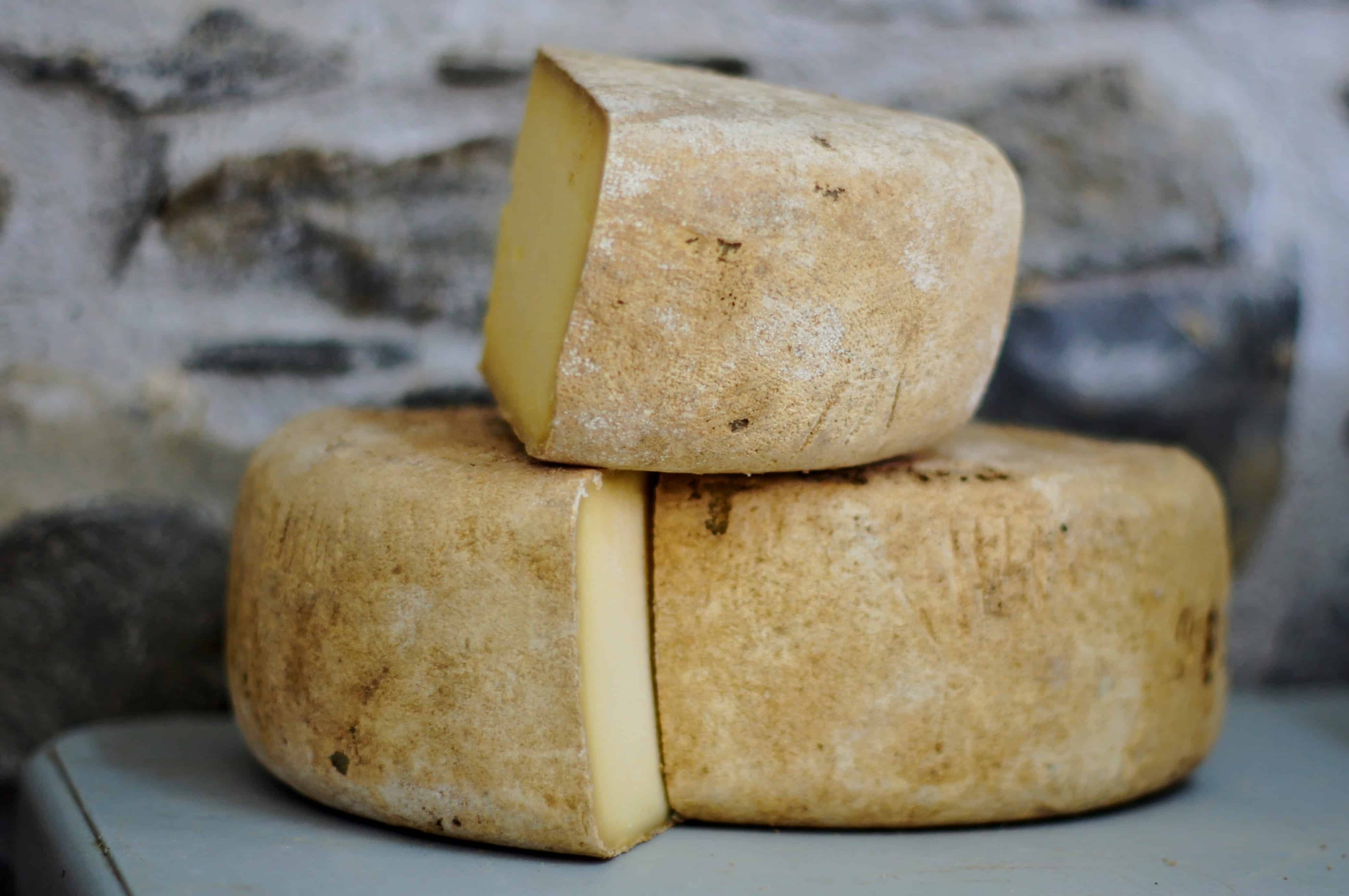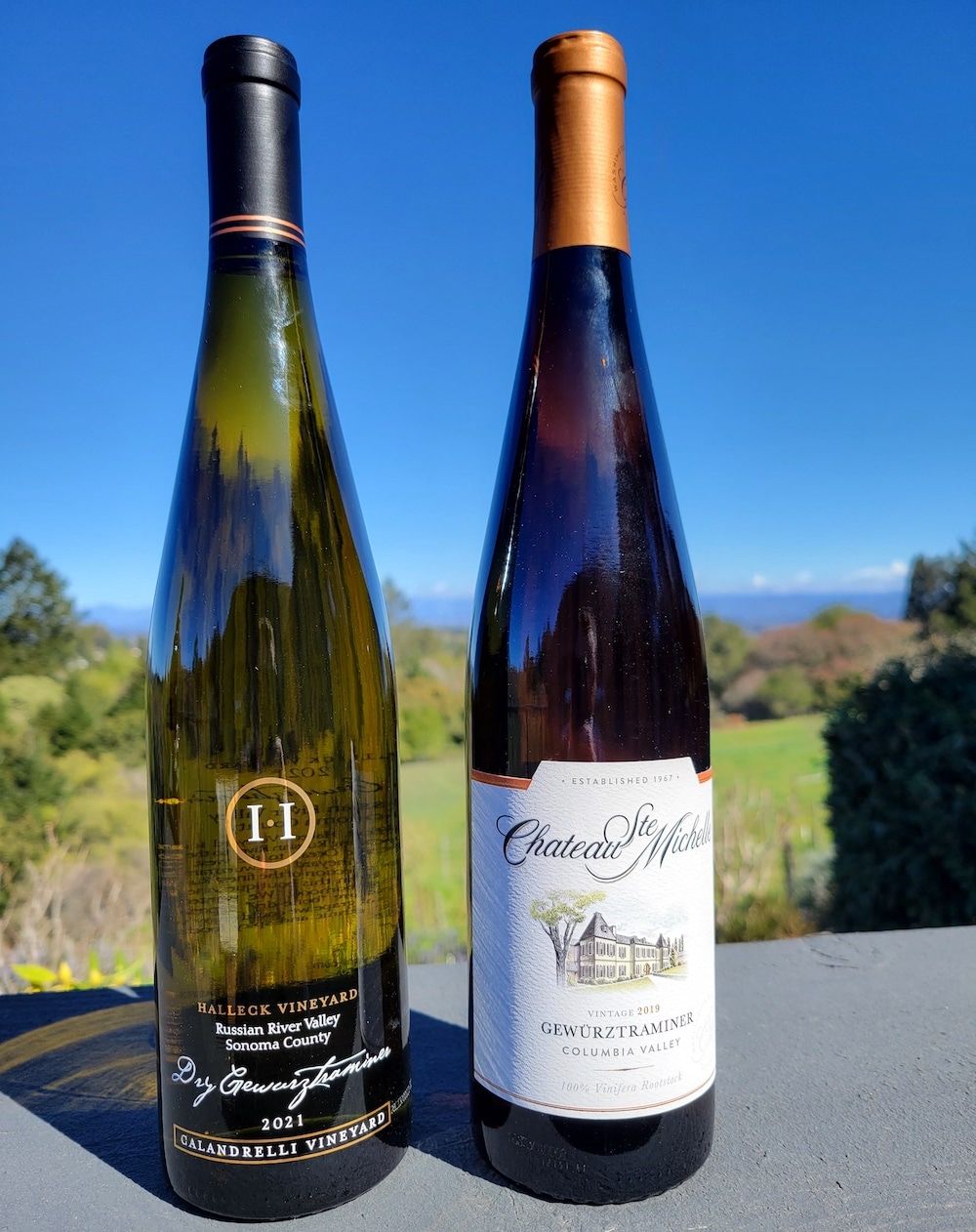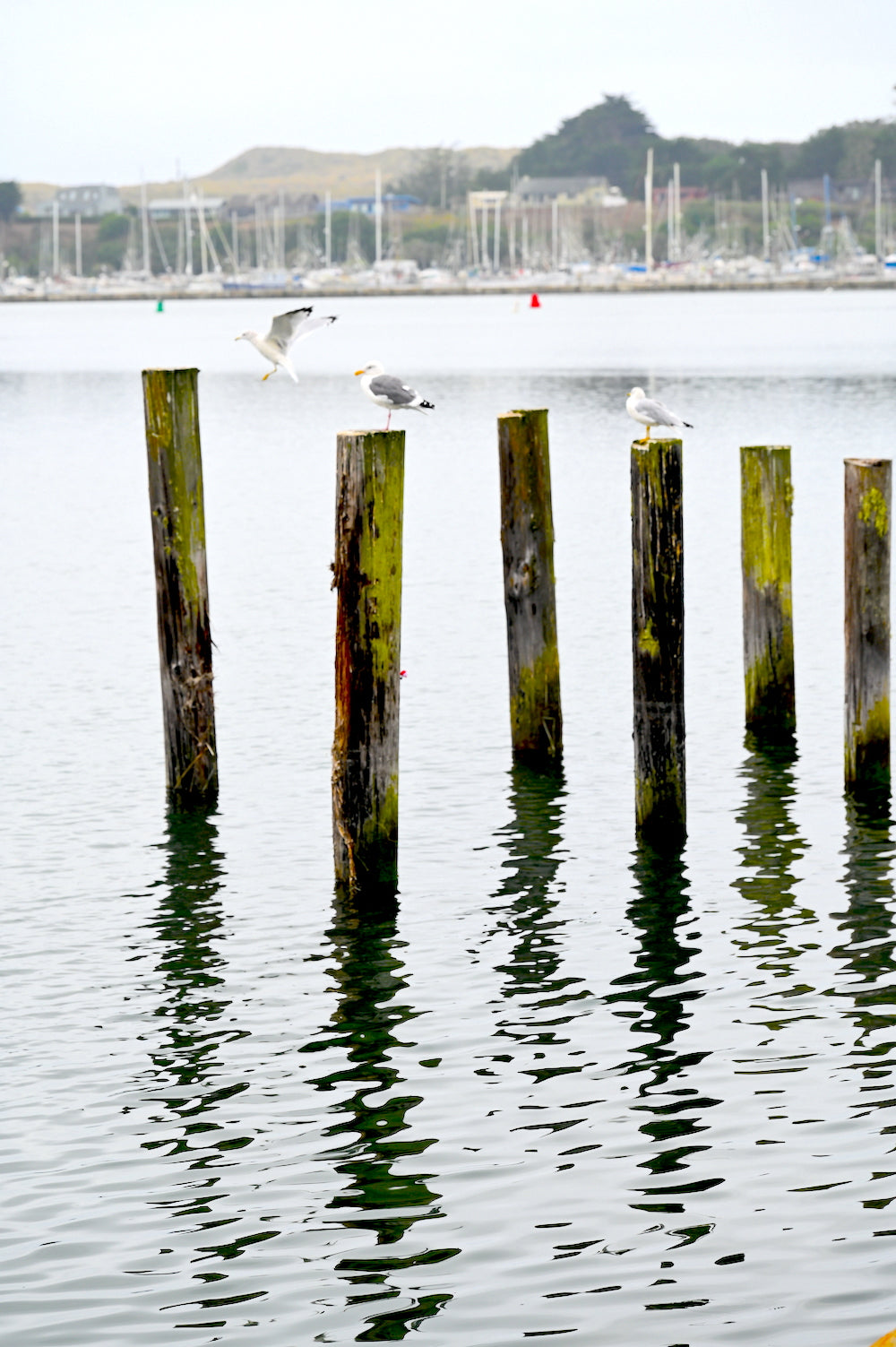Vineyard Picnic Spots In Sonoma Valley - Exploring The Vineyards Of Sonoma
Vineyard Picnic Spots In Sonoma Valley - Exploring The Vineyards Of Sonoma
Blog Article
Good Wineries For Large Groups In Sonoma Valley - Vineyards Near Sebastopol
Wine tasting is usually regarded as an art type, one which goes beyond merely enjoying a beverage. It embraces a fancy interaction of flavors, aromas, and textures that requires dedicated practice to actually grasp. Many who venture into the world of wine tasting rapidly understand that it includes far more than simply sipping wine. Enhancing sensory skills by way of devoted winery wine tasting can elevate the experience, transforming an informal drinking occasion into a complicated exploration of the senses.
At a fundamental stage, wine tasting engages the senses of sight, scent, taste, contact, and even sound. Every element plays a vital role in appreciating the nuances of a wine. When one first pours a glass of wine, the wealthy hues can present initial insights into its age and varietal. Observing the colour and clarity helps type expectations about the wine's flavor profile. Many don’t absolutely recognize how this visual assessment can set the stage for what's to follow.
The next step is to interact the sense of scent. Swirling the glass aerates the wine, permitting its volatile compounds to escape and fill the air with its bouquet. The nose entails some fascinating layers—different aromas can signal varied elements of the winemaking process, including the kind of grapes used, fermentation methods, and aging conditions. Developing a keen sense of odor can be a game-changer in wine tasting.
Scenic Vineyard Tours In Sebastopol - Discover Sebastopol's Wine Scene
To enhance this sensory skill, wine enthusiasts are sometimes encouraged to take part in dedicated tastings at wineries. These tastings permit people to focus solely on the sensory experience (Vintage Wine Tasting Experiences In Sebastopol). Tasting sessions led by educated sommeliers or winemakers can offer insights into figuring out distinct aromas. Learning to distinguish between floral, fruity, earthy, and spicy notes can empower a taster to articulate their experience with greater precision.
As one practices their sensory skills, they could uncover that their taste preferences evolve. This transformation usually occurs after multiple tastings. A wine that initially appeared overwhelming would possibly reveal hidden layers of complexity with a bit of experience. Understanding tips on how to isolate individual flavors such as acidity, sweetness, bitterness, and umami contributes considerably to the overall wine experience.
Another important factor in enhancing sensory skills is the context in which wine is tasted. Environmental elements like temperature, lighting, and even the company present can influence perceptions. At a winery, an optimal setting can scale back distractions and allow a extra profound exploration of the wine (Wineries Known For Their Hospitality). Training conscious tasting techniques encourages a extra immersive experience, permitting tasters to hone in on their senses.
It isn't solely about individual notion, although. Participating with others throughout a tasting also can enhance sensory skills. Sharing notes and discussing impressions fosters a deeper understanding of the wine. This collaborative method encourages members to articulate their sensory experiences, thereby broadening their linguistic repertoire related to wine tasting.
Wineries Offering Educational Wine Seminars - Wineries To Explore In Sonoma Valley
Moreover, pairing wine with food can considerably improve the tasting experience. Different combinations can deliver out distinctive flavors in each the wine and the dish. As one tastes a wine alongside explicit foods, they can start to recognize how sure components within the wine complement or contrast with what they are eating. This skill of pairing is another layer that enriches sensory improvement.
Training one’s palate can contain a selection of workouts. Some enthusiasts interact in systematic tasting experiences, sampling a variety of wines that showcase completely like this different varietals, areas, or vintages. Exploring this diversity can sharpen the ability to discern nuances throughout totally different wine profiles. Over time, this practice builds a mental library of flavors that might be accessed throughout future tastings.
Notably, written notes serve a dual function: organizing one’s ideas and reinforcing memory. By writing down observations about every wine, tasters can monitor their progress over time. Detailing the characteristics of wines assists in solidifying data, finally deepening one’s appreciation of what they consume.
Moreover, attending workshops or classes centered on sensory analysis may also be useful. Many wineries supply these educational packages to help individuals refine their skills. Usually, trained instructors guide participants by way of structured tastings, specializing in particular elements of the wine. This level of education reinforces the sensory skills asynchronously and challenges tasters to consider their experiences from completely different angles.
Wineries In The Heart Of Sonoma County Wine Region - Exploring The Vineyards Of Sonoma

Over time, the dedication to enhancing sensory skills by way of dedicated winery wine tasting can yield vital rewards. The enjoyment derived from wine becomes layered and multifaceted. No longer limited to a easy preference for "red" or "white," tasters start to understand the tales behind every pour. They domesticate a palette capable of navigating the complicated landscape of flavors with confidence.
In conclusion, the journey of enhancing sensory skills through devoted winery wine tasting is as rewarding as it's pleasant. It requires focus, commitment, and a willingness to study, but the outcomes far exceed the preliminary effort. By participating multiple senses and collaborating in considerate discussions, individuals not solely become more adept at identifying flavors but in addition develop a deeper appreciation for the craftsmanship behind every bottle. The process transforms wine from a mere beverage right into a wealthy tapestry of sensory exploration that beckons enthusiasts to delve deeper. As skills improve, so too does find here the enjoyment, enriching life experiences one sip at a time.
Wineries Providing Guided Vineyard Walks - Sonoma's Finest Wineries
- Engaging the palate via diverse wine varieties enhances the ability to inform apart flavors and aromas, refining overall sensory perception.
- Collaborating in guided tastings promotes targeted consideration on subtle traits of each wine, nurturing crucial tasting skills.
- Studying to establish specific grape varieties fosters a deeper understanding of terroir, which aids in recognizing regional flavor profiles.
- Incorporating food pairings throughout tastings can heighten sensory consciousness, as totally different tastes can affect each other and alter perceptions.
- Working Towards the art of swirling and nosing wines allows individuals to connect olfactory cues with taste, enhancing the ability to articulate sensory experiences.
- Attending workshops that emphasize blind tastings trains members to rely purely on their senses rather than preconceived notions, enhancing objectivity.
- Elevating sensory skills can result in higher wine choice abilities, empowering individuals to make informed decisions based mostly on personal preferences.
- Engaging with educated sommeliers provides insights into wine-making processes, which deepens sensory appreciation and enhances vocabulary for describing wines.
- Common participation in tastings encourages reminiscence development of flavors and aromas, aiding in the formation of a personalised sensory profile over time.
- Sharing tasting experiences with peers fosters dialogue, promoting communal studying that may improve particular person sensory skills by way of collaboration.undefinedWhat is the aim of bettering sensory skills through wine tasting?

Improving sensory skills by way of wine tasting permits individuals to reinforce their ability to determine and appreciate the various aromas, flavors, and textures of wine. This heightened sensory awareness can result in a deeper understanding of wine and an total enriched tasting experience.
Best Pinot Noir Wineries In Sebastopol - Enjoying Wine In Sebastopol
How can I develop my sensory skills at a winery?
You can develop your sensory skills at a winery by taking part in guided tasting sessions that target particular varietals. Have Interaction with educated employees who can provide insights and encourage you to take notes on your impressions, enhancing both your observational and descriptive skills.
What ought to I anticipate during a devoted wine tasting experience?
Family Friendly Wineries With Outdoor Spaces - Wineries With Outdoor Tastings In Sebastopol
Throughout a devoted wine tasting experience, count on to sample a number of wines while receiving focused training about every one. You'll learn in regards to the winemaking course of, tasting techniques, and how to discern completely different sensory traits, all in a relaxed setting.

Is prior information of wine essential to learn from a sensory skills workshop?
- Family-Oriented Wine Tasting Venues In Sebastopol
No prior data of wine is necessary; the workshops are designed for all levels of experience. Beginners will discover valuable information to construct from, whereas seasoned tasters can refine their skills and broaden their palate even additional.
How do sensory skills impression my general wine appreciation?
Wineries With A Focus On Syrah - Sebastopol Vineyard Visits
Bettering sensory skills significantly enhances your total wine appreciation by permitting you to identify subtleties and complexities in wines. This deeper understanding enriches your tasting experience and helps you make knowledgeable selections primarily based on personal preferences.
Are there particular techniques I should use while tasting wine to improve my sensory skills?
Breathtaking Views From Sonoma Wineries - Discovering Sebastopol's Wineries
Sure, employing techniques such because the "SWOT" methodology (Sight, Swirl, Odor, Sip, Savor) may be helpful. Pay attention to the wine's look, aromatics, and mouthfeel, and take your time with every sip to fully discover the flavors and sensations.
What kind of wines are sometimes included in sensory skills tastings?
Typically, sensory skills tastings include a wide range of wines that showcase different areas, varietals, and styles. This variety helps participants establish distinct characteristics and enhances their ability to distinguish between wines.
Can sensory skills workshops be personalized to my tasting interests?
Wineries Known For Their Beautiful Gardens - Vineyard Visits And Wine Tasting In Sonoma
Many wineries provide personalized choices for sensory skills workshops, permitting you to focus on particular forms of wines or themes that curiosity you, similar to organic wines or unique regional offerings. It's best to inquire directly with the winery for tailored experiences.
Is there a way to practice sensory skills after leaving the winery?
Sure, you'll find a way to practice your sensory skills at home by tasting completely different wines and preserving a tasting journal. Experimenting with numerous food pairings and aromatics can further enhance your understanding of how flavors interact, reinforcing the abilities gained on the winery. Report this page